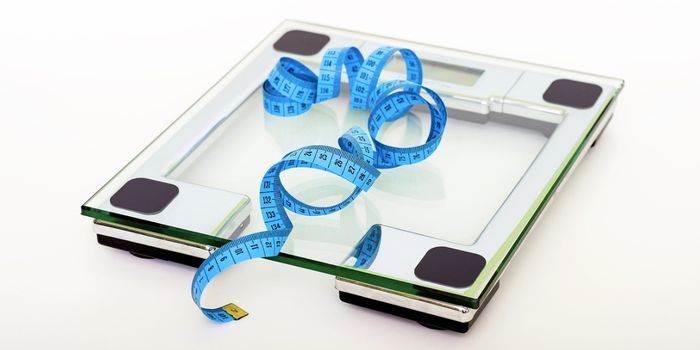Standing at Work May Hurt Blood Pressure
A new study published in Medicine & Science in Sports & Exercise suggests that prolonged standing at work may negatively impact 24-hour blood pressure.
The study included 156 participants in Finland who were part of the Finnish Retirement and Aging study. The participants had their daily activities measured using accelerometers, including sedentary time, standing, light physical activity, and moderate-to-vigorous physical activity. Work time and leisure time were distinguished using diaries from each participant. Additionally, participants’ ambulatory 24-hour blood pressure was measured. Ambulatory 24-hour blood pressure can be a better indicator of strain on the heart than a single blood pressure reading. Blood pressure that is high throughout the day and does not decrease enough throughout the night may lead to strain on the heart and the development of heart disease. The goal of this study was to see how activity and sedentary time at work and during leisure hours impact 24-hour blood pressure readings.
The results showed that higher amounts of time spent standing during work time were associated with more adverse 24-hour blood pressure readings, including higher daytime blood pressure. In contrast, more time spent sedentary at work was associated with better blood pressure readings, including lower nighttime blood pressure. Higher time spent doing light physical activity at work was associated with worse blood pressure, including less blood pressure dipping at night.
The authors of the study noted that standing desks can provide a nice change of pace at work, but it is important to break up standing time by sitting or taking short walks. They also stressed the importance of participating in physical activity during leisure time. Many people with active jobs think they don’t need to exercise outside of work, but this study and others have shown that physical activity during work is associated with worse blood pressure readings. In contrast, physical activity during leisure time has been associated with better blood pressure readings and better overall heart health.
Sources: Medicine & Science in Sports & Exercise, Science Daily








